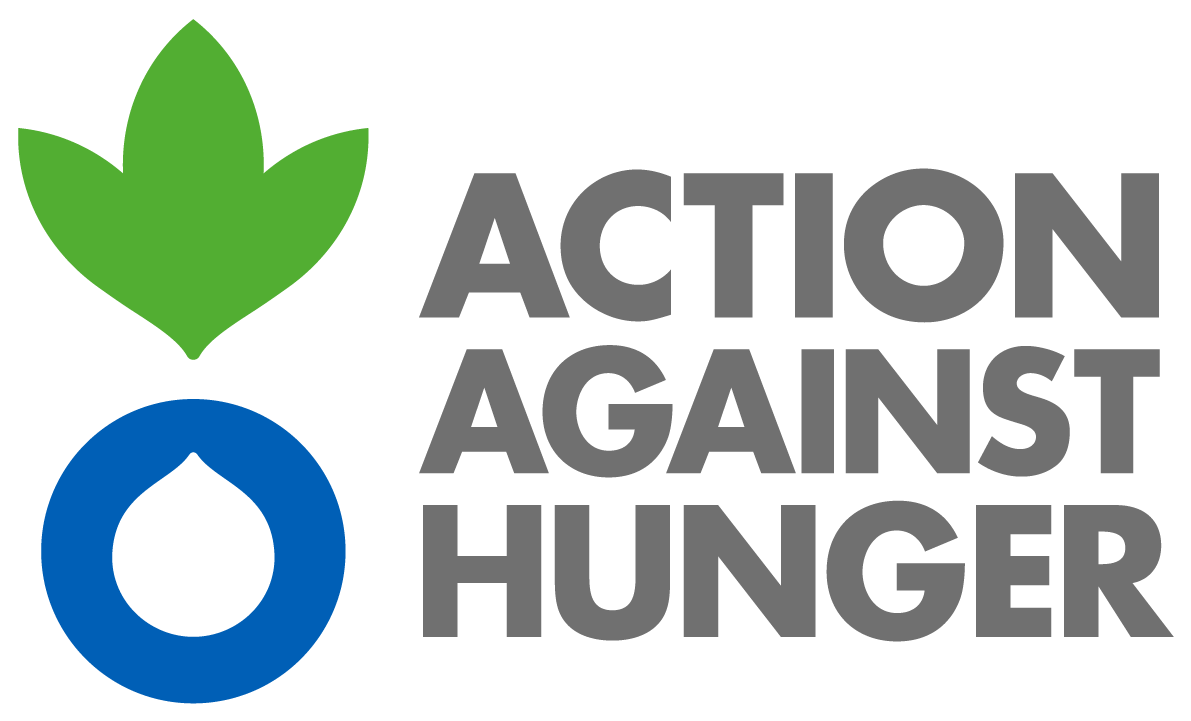Access to Clean Water—Confronting a Deadly Inequity
This article originally appeared in Newsweek on March 19, 2024.
Globally, over 3.5 billion people lack access to adequate sanitation and safe water. It's a staggering statistic and the ramifications extend beyond easy access to clean water and toilets. Without sanitation, many of these already at-risk populations, of which women are especially vulnerable, are also more susceptible to life-threatening water-borne diseases and malnutrition.
Despite the urgent need, funding for programs that help provide safe water and sanitation to at-risk communities is severely short. According to the recently published 2024 Water Funding Gap report from Action Against Hunger, only 36 percent of global appeals for water and sanitation-related funding were met in 2023, leaving a 64 percent gap. With World Water Day around the corner, the international community must act faster to address these inequities.
Our report examined data from countries with the most urgent needs seeking financial support for water, sanitation, and hygiene (WASH) programs through the U.N. humanitarian system. Our analysis found that the global community would need to quadruple its progress on water and sanitation programs to meet U.N. Sustainable Development Goal (SDG) 6, access to water and sanitation for all by 2030. The inconsistent and unreliable funding for WASH programs is a chronic pattern, however, and it has grim results.
Insufficient progress on WASH is contributing to an upsurge in cholera worldwide, with a new case every 45 seconds, and more than 4,000 deaths reported in 2023. Known as the disease of inequity, cholera is preventable and treatable, but can mean death for people dealing with poverty and hunger.
Cholera is a waterborne infection caused by the bacterium Vibrio cholerae, which seeps into food and water supplies. When someone ingests contaminated food or water, they contract the disease. Symptoms typically include severe diarrhea, serious dehydration, rapid weight loss, and extreme fatigue. It also can lead to septic shock and can kill within hours if not treated.
While treatment is typically straightforward, access to even rudimentary health care is a life-threatening challenge where cholera thrives. Cholera does not discriminate by age or gender, but typically impacts populations that lack access to safe and clean water sources. People trapped in unsanitary conditions, from refugee camps to rural villages, are more likely to contract the disease.
The disease's short incubation period, between two hours and five days, means it is highly contagious and can spread swiftly through a community. It is such a grave threat that the detection of even one case is considered an epidemic.
In the last 100 years, cholera has been almost completely eradicated from Europe and North America. But in countries with weak or damaged WASH infrastructure, tens of millions are getting ill and tens of thousands died from the disease last year. Most cases occurred in low-income countries, including countries in Africa and the Eastern Mediterranean regions, which accounted for 90 percent of reported cases.
In 2010, Haiti suffered one of the world's worst cholera outbreaks, with over 10,000 people dying. By 2020, Action Against Hunger had helped the country to reach a point of near-eradication. Recently, there has been an uptick in the disease due to a collapse of sanitation services amid a rising wave of violence, which is also making it hard for aid to reach those who need it most.
In Sudan, conflict has continued since April 2023, triggering massive displacement and food insecurity for 1 in 3 people. Many now live in overcrowded refugee camps with inadequate water and hygiene support. With nearly 25 million people—including 14 million children—in desperate need of humanitarian aid, the situation is dire. As of February 2024, reported cases of cholera surpassed 10,000, with nearly 300 deaths. We fear the number may be even higher.
Similarly, after more than 13 years of conflict in Syria, the country's vital infrastructure has been destroyed and hunger is widespread. Millions rely on humanitarian aid to survive. The country has been burdened by economic collapse, complex political issues, recurrent epidemics, destroyed infrastructure, and widespread hunger. In September 2022, the Syrian Ministry of Health declared a cholera outbreak. Between August 2022 to August 2023, 14 governorates reported over 173,000 suspected cases across the country.
Inadequate WASH funding is directly linked to malnutrition and disease. And, for billions of people, a lack of sanitation and drinking water isn't just an issue on World Water Day, but every day. Climate change has accelerated the crisis, with droughts and floods making access to safe water even more scarce. We must respond with critical funding and climate-smart solutions to save lives.
Michelle Brown is an associate director of advocacy at Action Against Hunger.

